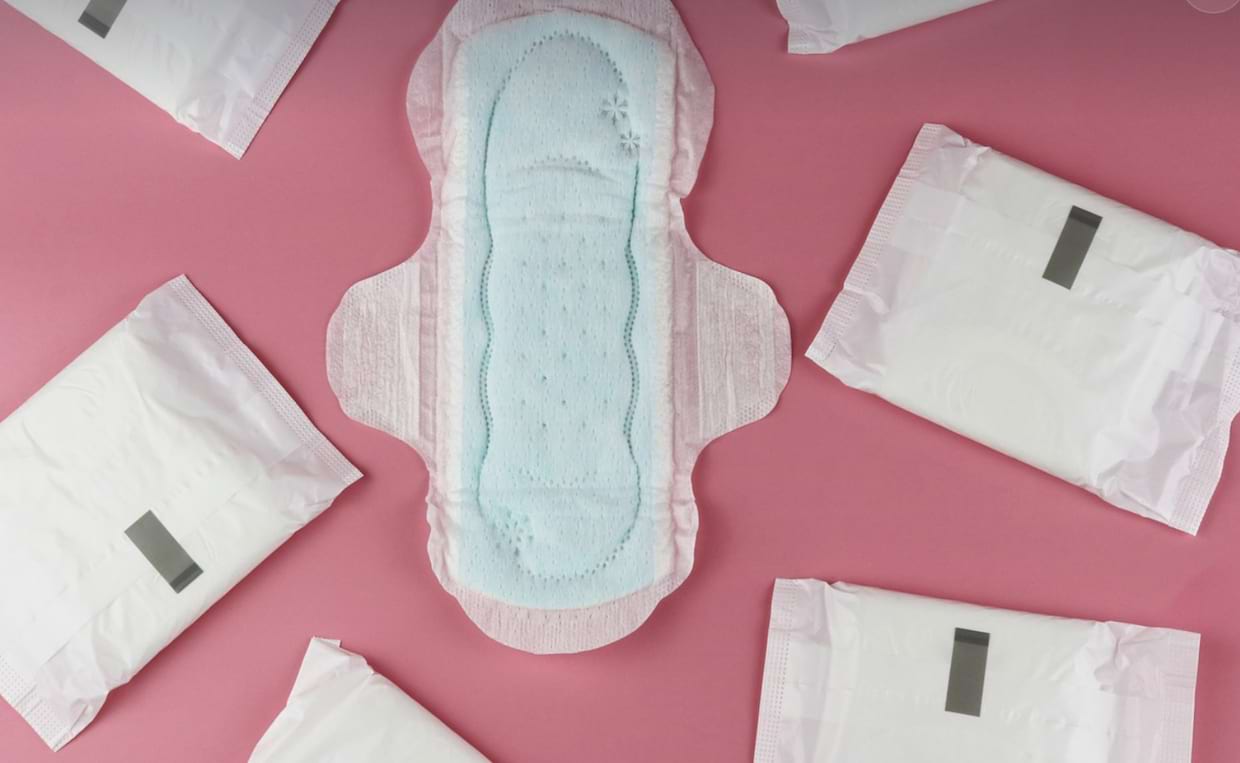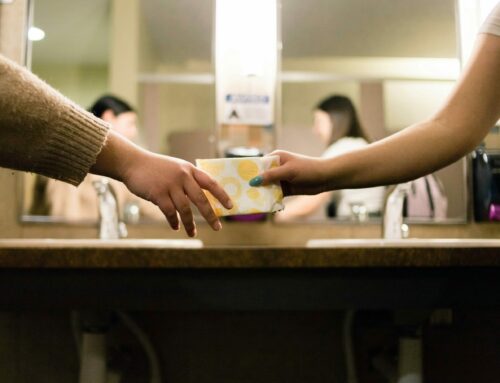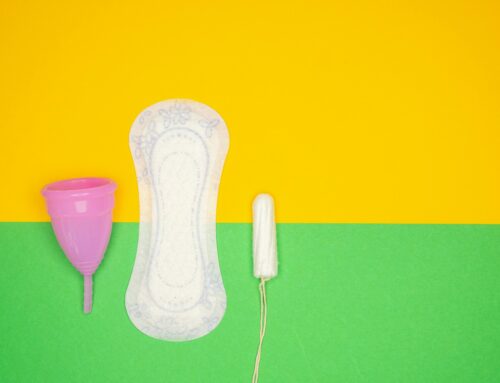Menstrual poverty significantly impacts access to education and employment, highlighting a significant human rights and gender equality issue. It is characterised by limited, or even impossible access to menstrual products such as tampons and pads, due to financial constraints or social stigma. It is imperative to continuously address the impact of menstrual poverty to tackle this issue, which affects both educational and professional spheres.
Menstrual poverty as a global issue
The reasons behind menstrual poverty are manifold, ranging from poverty to social stigma, and a lack of information. According to a report from the NGO, over 500 million women and girls lack access to proper hygiene products. This leads to delays in their education, gaps in their knowledge, and a decrease in self confidence. Menstrual absenteeism can also result in early school dropout, thus reducing future job opportunities and directly impacting personal and professional development.
Impact on education
Access to education is a fundamental right but menstrual poverty can seriously jeopardise this right, especially for young girls. Many teenage girls miss school during their period due to a lack of suitable hygiene products or due to stigmatisation. Furthermore, menstrual poverty can create an environment of insecurity and shame at school. They may experience embarrassment and stigmatisation, which harms their self esteem and psychological well being. Limited access to education not only affects individual opportunities but also has an impact on a society’s overall development.
Impact on Employment
Menstrual poverty does not only affect access to education but also has an impact on women’s employment. Many women working in precarious conditions or living in poverty struggle to purchase hygiene products, leading to work absences. Additionally, some women hesitate to take jobs that lack appropriate sanitary facilities, limiting their professional opportunities. Menstrual poverty can also lead to health issues such as infections and mental health problems related to stress and shame.
Fighting against menstrual poverty
Fighting menstrual poverty is essential to ensure access to education and employment for women and young girls. Several measures need to be taken to address this issue:
- Awareness: It is crucial to raise awareness in society about the challenges of menstrual poverty, break taboos, and combat stigma.
- Access to affordable products: Governments and organisations must work together to make menstrual products accessible to everyone.
- Adequate sanitation facilities: Schools and workplaces should have clean restrooms.
- Sexual and menstrual education: It is essential to include education about menstruation in school curricula and provide information.
- Psychological support: Women and young girls need psychological support to overcome the taboos and shame associated with menstruation.






